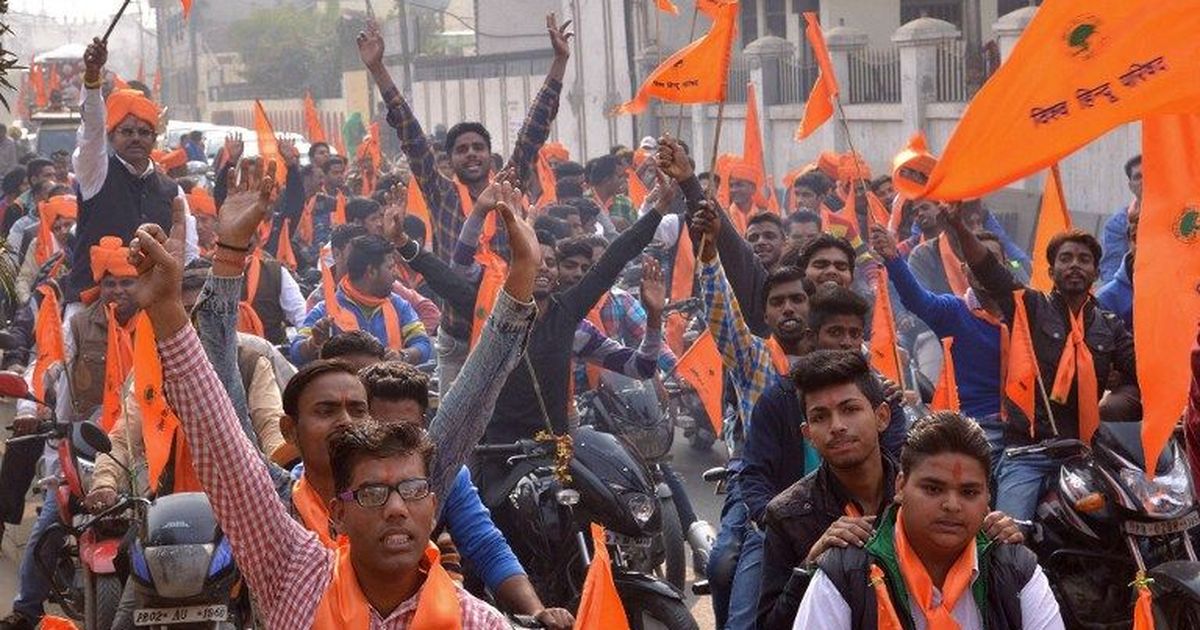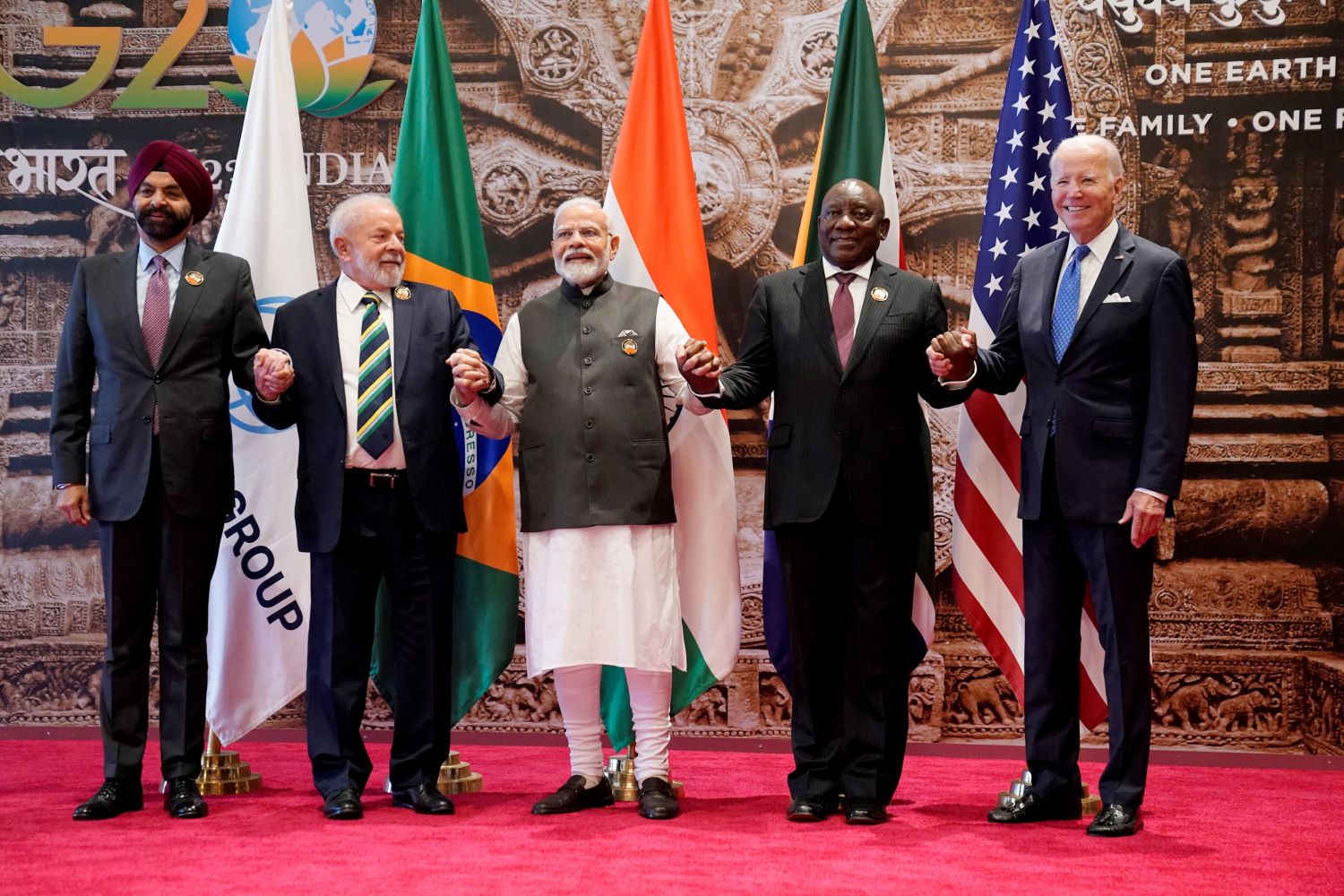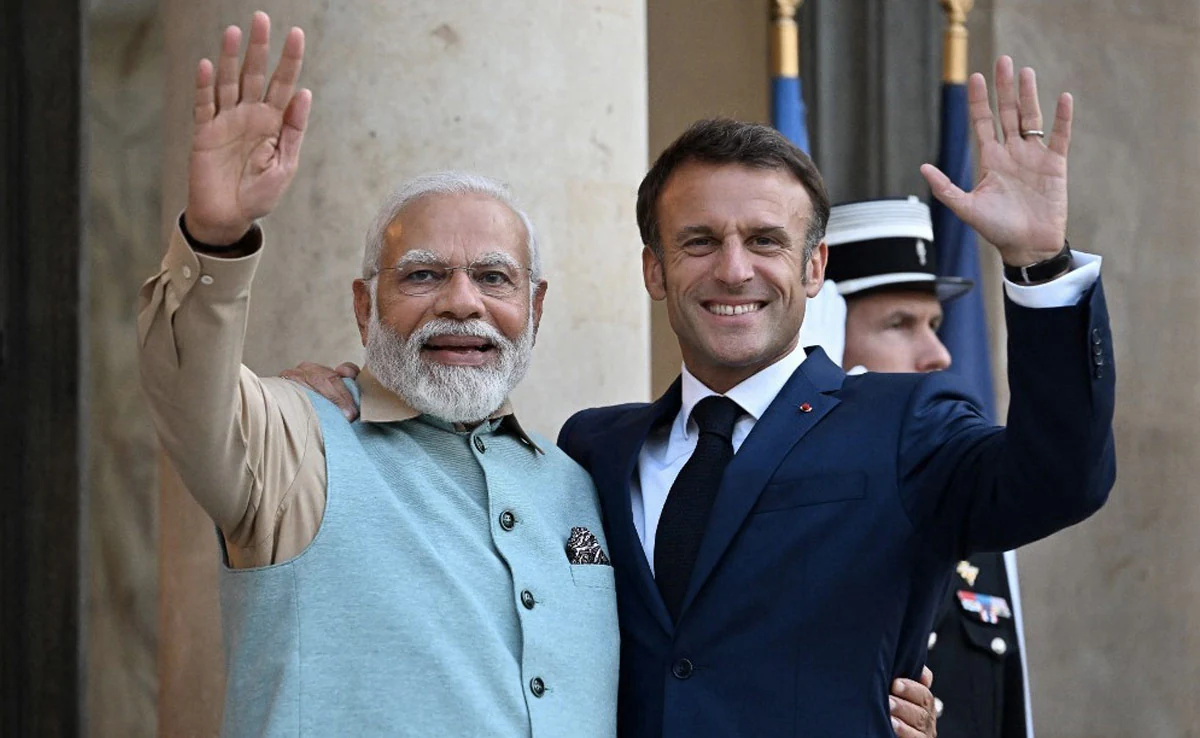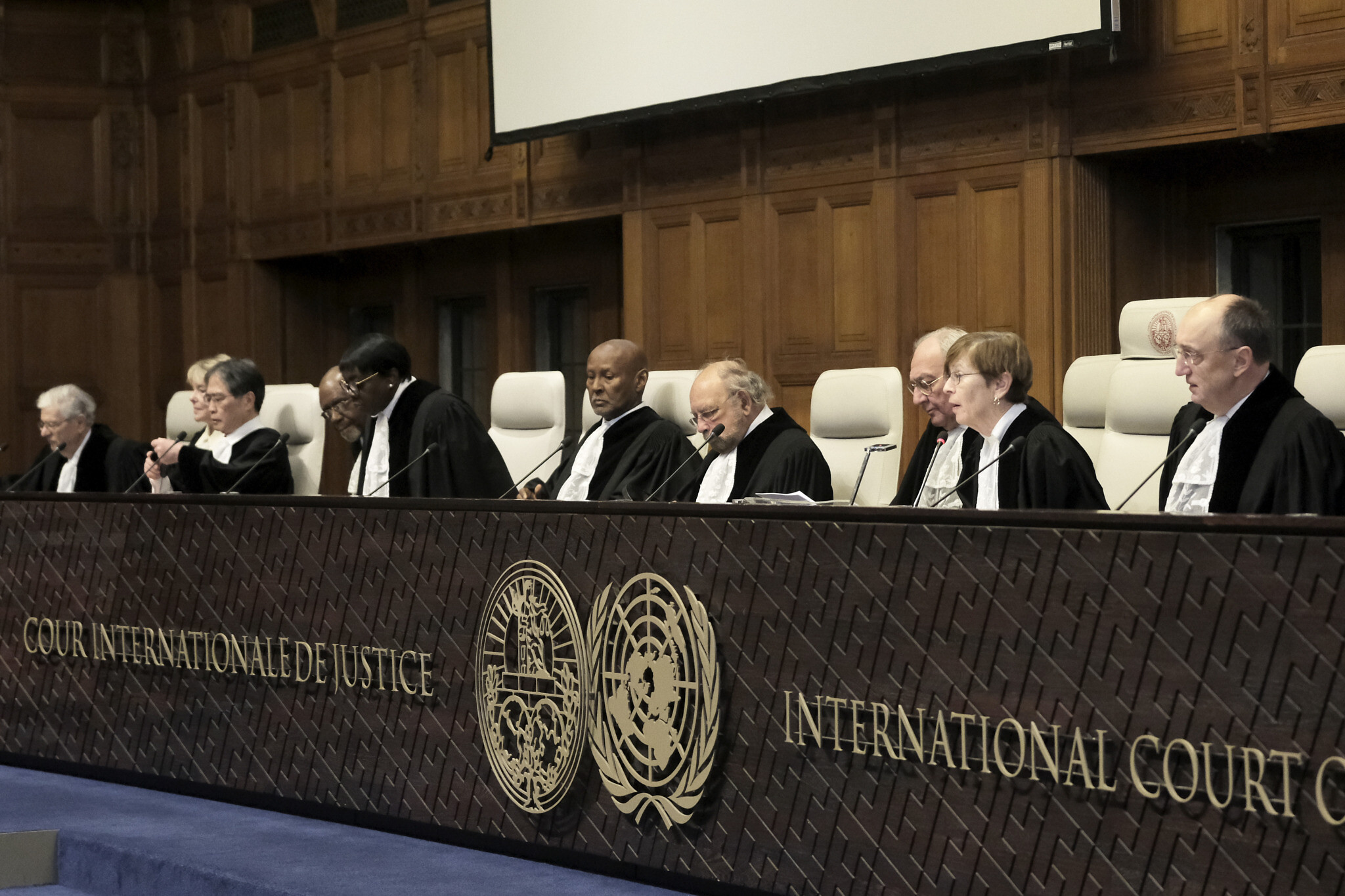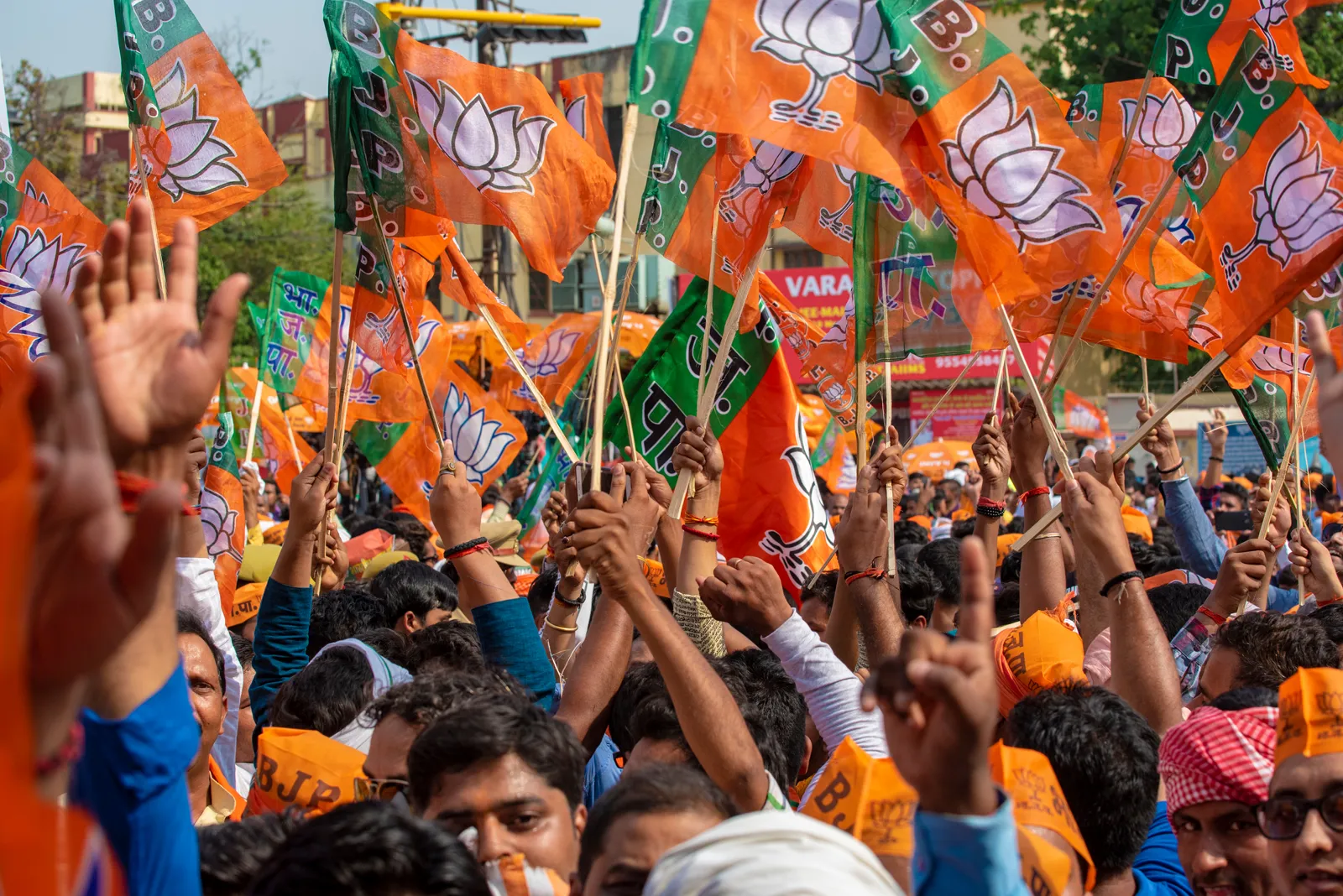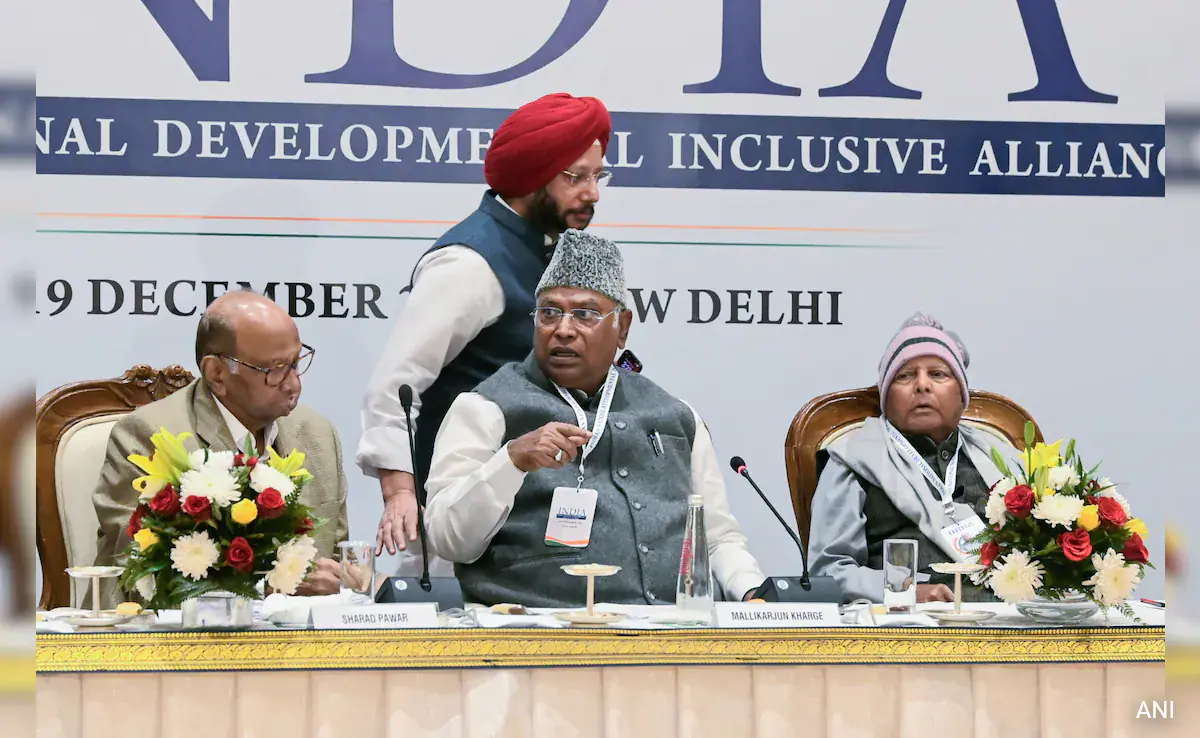A WhatsApp message highlights the complex tango of religion and statecraft in Shamli, Uttar Pradesh, a district known for its turbulent past. The sender, who gained notoriety in the community by using violence against a Muslim who was allegedly stealing a calf, now takes on a new role. He gives the district administration the order to close all meat and liquor stores on an auspicious day in honour of the Ram Mandir in Ayodhya. This seemingly benign directive brings up important issues regarding the relationship between governance and religion.
The story opens with a graphic description of a public beating, a show designed to placate a zealous Hindu audience. The victim, who is charged with stealing a calf for food, is exploited as a pawn in a scheme that goes beyond religious convictions. The letter, which appears to be about a temple celebration, becomes an order for the entire district, erasing the distinction between religious ceremonies and governmental rule.
The idea of a “national temple” must be questioned in light of this mixing of political power with religious zeal. The phrase begs the question: do we have a matching “national mosque,” or was one abolished following the events of December 6, 1992, when the forces of communal strife destroyed the Babri Masjid? The notion of district administrations making orders in accordance with religious festivals gives rise to worries over the potential for religion to become entangled with state apparatus.
A major factor in exaggerating or downplaying these theatrics is the media. Some media opt to ignore the far-right agenda, sensationalising it, while others choose to focus on it, maintaining the myth of religious unity. But beneath this surface, there’s a deeper problem—a void in our political landscape that brought us to this point of conflict right now.
The phrase begs the question: do we have a matching “national mosque,” or was one abolished following the events of December 6, 1992, when the forces of communal strife destroyed the Babri Masjid? The notion of district administrations making orders in accordance with religious festivals gives rise to worries over the potential for religion to become entangled with state apparatus.
A major factor in exaggerating or downplaying these theatrics is the media. Some media opt to ignore the far-right agenda, sensationalising it, while others choose to focus on it, maintaining the myth of religious unity. But beneath this surface, there’s a deeper problem—a void in our political landscape that brought us to this point of conflict right now.
The dominant narrative frequently concentrates on the risks associated with ultra-nationalism, highlighting its extreme expressions. But the phrase “nationalism” itself is at the nub of the issue. It is oversimplifying the issue to merely oppose religious nationalism with a secular alternative. In order to acquire a thorough comprehension, we need to extend our viewpoint and look at international examples of ultra-nationalism.
Extending our gaze beyond India, instances from Argentina and the United States demonstrate the emergence of far-right ideology. It begs the question: Why is the world going far right, especially in nations where there has never been a religious movement or division? The essence of nationalism, not the word “ultra,” holds the key to the solution. We have become preoccupied with the far-right’s antics since the 1992 destruction of the Babri Masjid, ignoring our own part in the upkeep of a homogenising kind of nationalism.
We need to investigate the origins of nationalism, a notion that is fundamental to the Western worldview, in order to identify solutions. Historical occurrences like the establishment of Israel following World War II cast doubt on the notion that nationalism, democracy, and freedom are fundamentally inclusive. The forced relocation of Jews outside of Europe due to antisemitic sentiment highlights the exclusive character of nationalism based on race and religion.
We have to face nationalism as the underlying rock if we are to “un-Babri” our lives. When taking into account various ethnic groups, such as Aryan, Dravidian, Mughal, or mixed, the subject of identity in India becomes more complicated. Can we really accept a scenario in which people with East Asian ethnic ancestry, specifically from Manipur or Arunachal, rule any portion of the nation? This self-examination is essential to destroying nationalism’s homogenising impulses.
Anthropologist Arjun Appadurai clarifies the effects of frozen nationalism on a global scale. The fear of minorities emerges in a post-national boundary era when belonging becomes a complicated matter. The uniformity of identities turns into a coping strategy when nothing is uniquely “yours” and everything is everywhere. This is made worse by social media, which blurs borders and encourages louder, more violent claims of “us versus them.”
Analysing the Babri Mosque’s perspective necessitates considering alternatives to nationalism. Which is a better course: universal socialism or internationalism? Is it possible to imagine political groups that exist outside of nation-state boundaries, or is this the other way around? Redefining identity outside of statehood and historical narratives is the difficulty.
We observe alternate kinds of identity-building that go beyond conventional national bounds when we look at instances like Tamil Eelam, the Chinese diaspora, and international solidarity movements. The dream of a varied, inclusive country may have been dashed with the destruction of the Babri Mosque, but it also acts as a catalyst for change.
In the midst of an evangelising monoculture, the Americas—especially the US and Canada—struggle with their multi-ethnic identities. Despite the difficulties these countries endure, their journeys show a constant fight to establish and reaffirm their identity. Maybe India will also go through extremes to reach a moderate ground and avoid the homogenising effects of Hindu nationalism centred on the upper caste.
Finally, the Ram Mandir celebration turns into a microcosm of a bigger problem: the blending of religion and state, the difficulties presented by nationalism, and the search for a complex, inclusive identity. We need to examine nationalism’s underlying principles and work towards a shared vision that celebrates diversity rather than stifles it if we are to move past the shadow of Babri.
